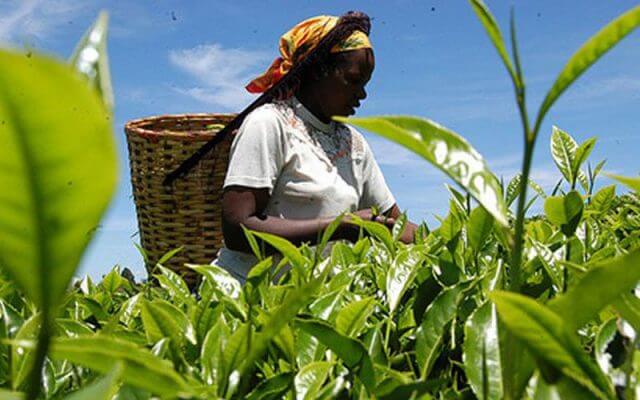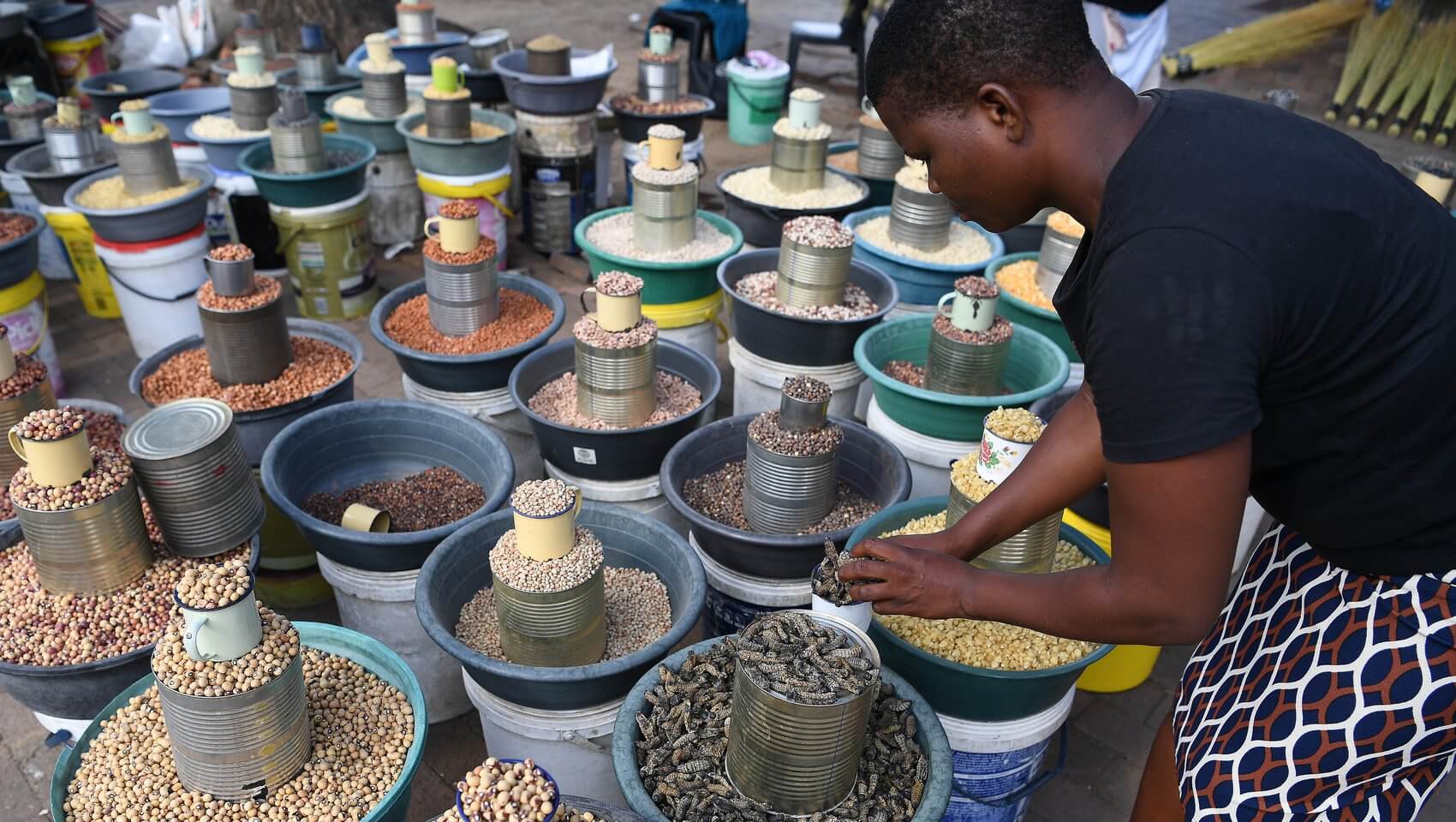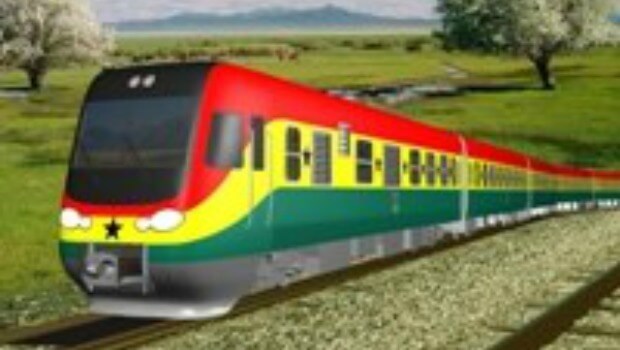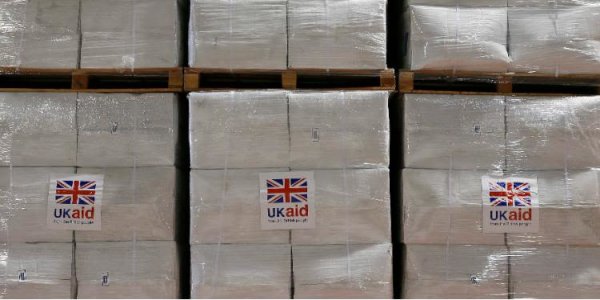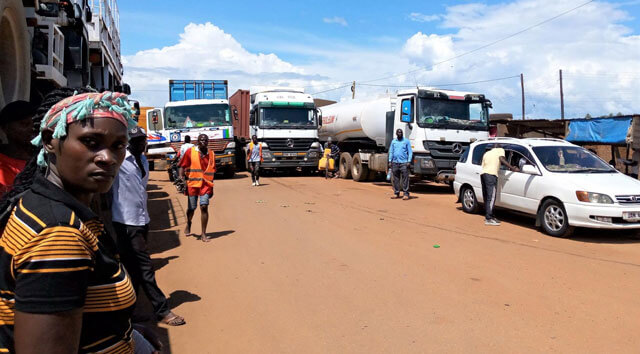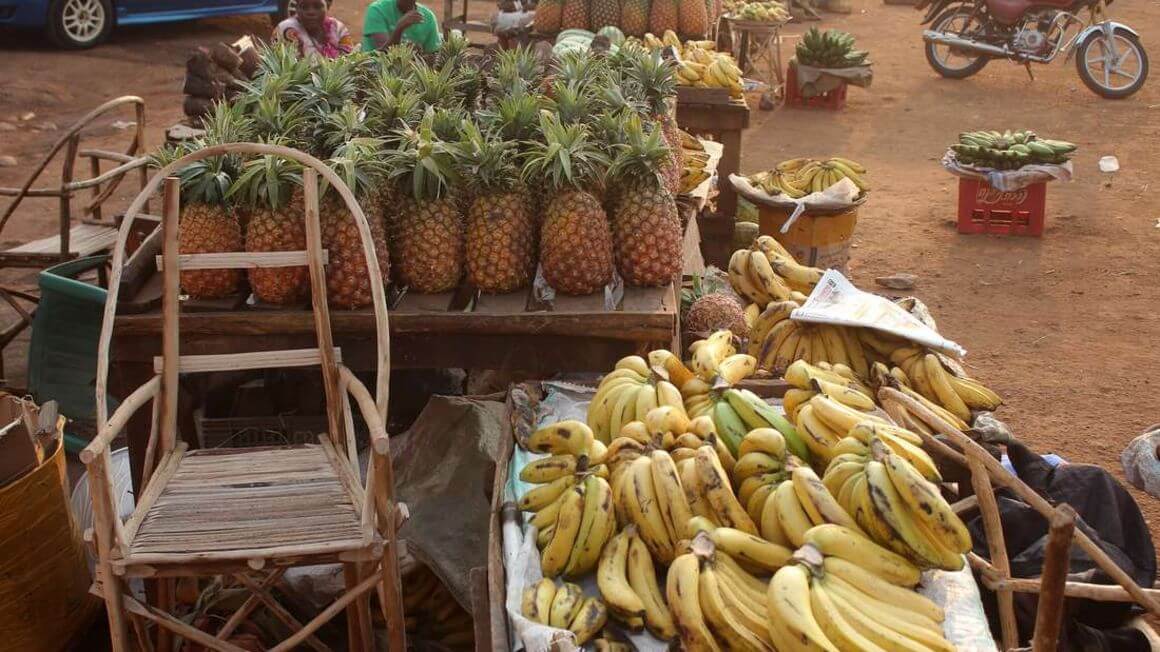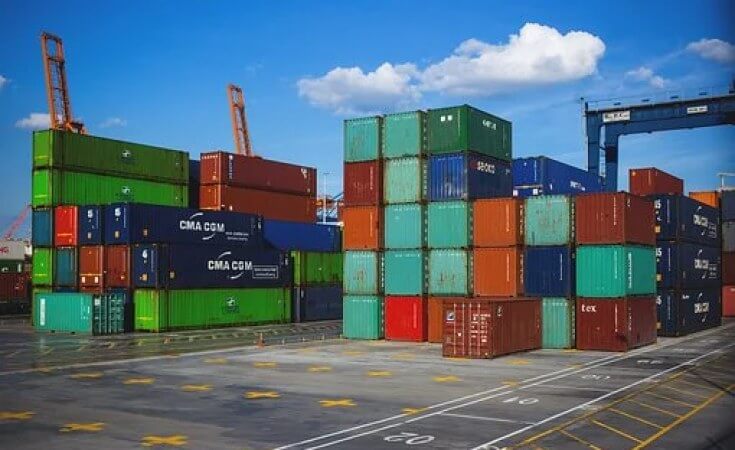AUTOMATE: East African Tea Traders Association (EATTA) confirmed that it has complied with the government’s directive to automate the Mombasa tea auction, enhancing its capacity to handle all tea produced in the country. Under the new Tea Act 2020, all teas processed and manufactured in Kenya for the export market with the exception of orthodox and specialty teas will have to be offered for sale exclusively at the tea auction floor. Edward Mudibo, EATTA managing director said in an interview that automation has been undertaken with assistance of Sh217 million from the Danish International Development Agency as the main donor and Trade Mark East Africa (TMA). Fine details “Since then we have been working the final fine details to ensure it has the capacity to handle all tea from Kenya and in the region. We are hoping soon it will be officially commissioned by the head of state,” added Mudibo. However, a section of industry players have cautioned that the idea to have all tea sold through the Mombasa tea auction is likely to lead to loss of some market segments which Kenya has been serving globally. Tea sector stakeholders who spoke to Business Hub said regional countries that export their tea through Mombasa tea auction are likely to take over same market segments local traders have been serving through direct sales. Kenya Tea Growers Association CEO Apollo Kiarie said already regional players who are also members of the auction are gearing up to take over markets Kenya had already developed through the second window...
Mombasa tea auction goes digital
Posted on: January 18, 2021
Posted on: January 18, 2021

